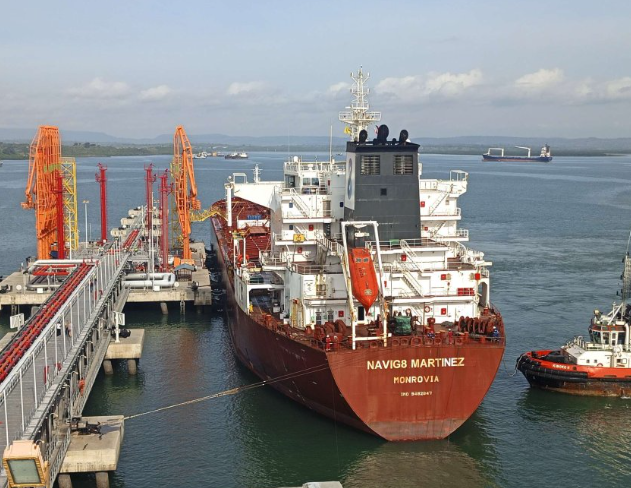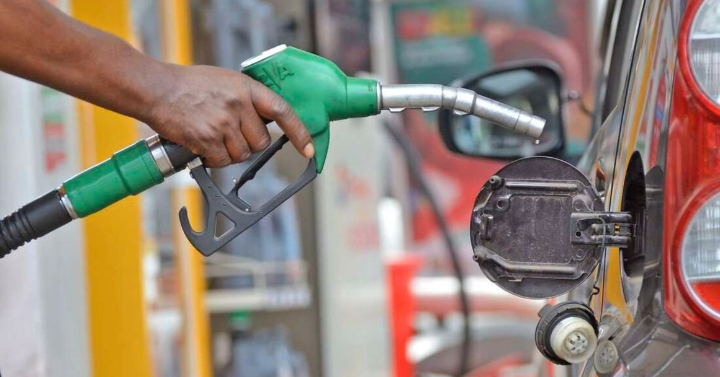The Energy and Petroleum Regulatory Authority (EPRA) has decreased fuel prices for the period of October 15 to November 14, 2024, despite rising global oil prices. In its latest monthly review, EPRA lowered the maximum allowed petroleum pump price for Super Petrol, Diesel, and Kerosene. Super Petrol saw the most significant drop in price.
Fuel Price Drop
Nairobi motorists will now pay Ksh180.66 for a litre of Super Petrol, down from Ksh188.84 last month. Diesel prices dropped from Ksh171.60 to Ksh168.06, while Kerosene is now Ksh151.39, down from Ksh158.32. The prices include 16% VAT in compliance with the Finance Act 2023 and the Tax Laws Amendment Act of 2020.

This price reduction comes as a surprise considering the Central Bank of Kenya (CBK) recently indicated that international oil prices have been rising. In a report issued on October 9, CBK noted that geopolitical tensions in the Middle East have driven oil prices higher, with Murban oil increasing from USD 76.54 on October 3 to USD 78.62 on October 9.
Changes in Landed Costs of Fuel
EPRA’s fuel price review also revealed a decrease in the landed cost of imported petroleum products. The landed cost of Super Petrol fell by 1.53% from Ksh91,300 (US$708.47) per cubic metre in July to Ksh89,938 (US$697.62) in August. Diesel landed costs dropped by 2.95%, from Ksh89,528 (US$693.82) to Ksh86,900 (US$673.36) per cubic metre.

Despite these decreases, the impact of global oil price fluctuations could affect future prices. Experts predict that the humanitarian crisis in the Middle East might lead to higher fuel prices at the pump in the coming months.
Potential Future Price Hikes
Analysts believe that while EPRA’s decision provides temporary relief, the situation remains fragile due to external factors like geopolitical conflict. Any disruptions in the global oil supply chain could push international prices higher, and Kenya’s reliance on imported fuel could see prices rise domestically as well.
In addition, the legal battle surrounding the Roads Maintenance Levy (RML) is a significant factor in the fuel pricing equation. The High Court has extended an order barring EPRA from implementing a Ksh7 per litre levy increase until October 15. The controversial RML was raised from Ksh18 to Ksh25 in the June-July cycle, impacting both petrol and diesel consumers.

Court Ruling Looms Over Fuel Prices
The outcome of the High Court’s ruling on October 15 will determine whether EPRA can enforce the increased levy or continue with the current pricing structure. If the stay order is lifted, the next fuel price review for November-December could include the higher RML, resulting in a price hike despite the drop in landed fuel costs.
While the government has assured that the RML will not contribute to a rise in the cost of living, many are sceptical given EPRA’s previous decisions, particularly the levy hike in July that sparked public outcry.

